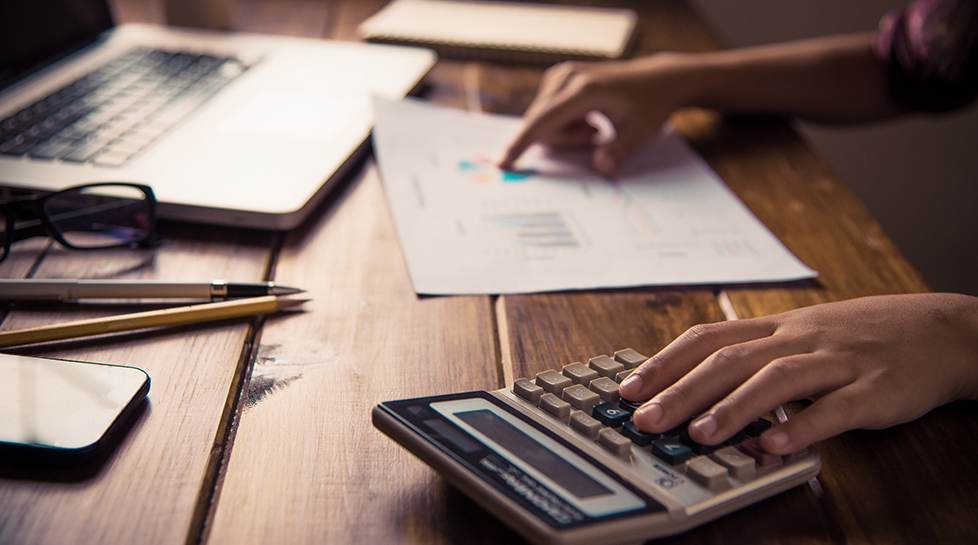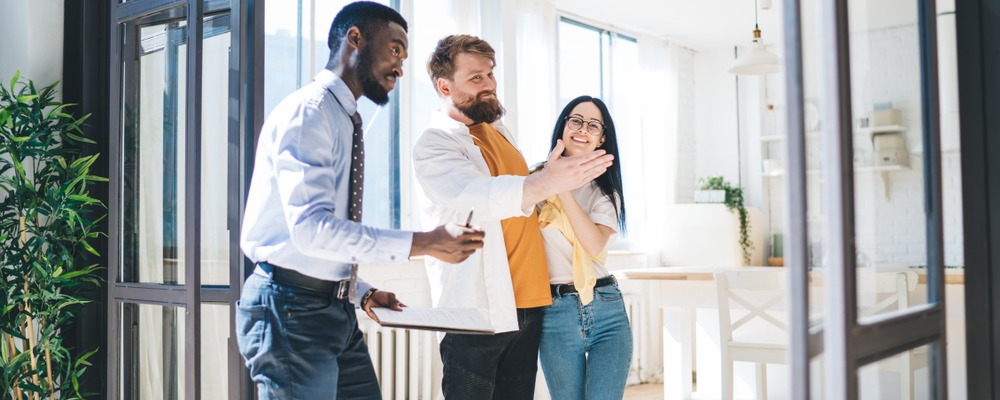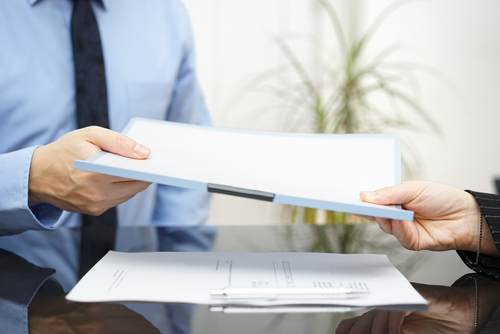Buying vs Renting a Home in London: Benefits of Buying
What are the advantages and disadvantages of buying?
Buying a home comes with significant advantages but also some drawbacks. These include the following:
| Advantages | Disadvantages |
| You have the added security of owning a home. |
Owning a home comes with additional costs on top of the mortgage. |
| You can benefit from capital growth in the long term. |
Interest rates may increase, meaning your mortgage may as well. |
| You can decorate your home as you prefer without asking for permission. |
You're responsible for maintenance and repairs. |
| Your mortgage may be cheaper than rent. |
Selling can take time, so you may be unable to move whenever you like. |
What are the advantages and disadvantages of renting?
Like buying, renting also comes with advantages and disadvantages. We’ve listed some of these below:
| Advantages | Disadvantages |
| Renting gives you more flexibility to move. |
You'll pay your landlord's mortgage rather than your own. |
| You won't be responsible for maintenance or repairs. |
You won't benefit if the property's value grows over time. |
| You may be able to live in an area where you couldn't afford to buy. |
You'll need to follow the tenancy rules, meaning you can't decorate as you like. |
| Your rent could increase once your contract is renewed. |
Is it cheaper to buy or rent?
Important considerations
Choosing whether to rent or buy can be difficult, with many things to consider. We've compiled some essential questions to help you make an informed decision.
How much can I save for my deposit?
Saving for a deposit is the first step towards buying a home. Most lenders will require a 10% deposit, though you can get a mortgage with a 5% deposit in some cases. However, the interest rate will increase, and you'll have limited mortgage options.
Can I pay all upfront costs when buying a home?
Buying a home comes with several expenses on top of your mortgage. These include:
• Stamp Duty Land Tax (if applicable)*
• Solicitor/conveyancer fees
• Survey costs
• Mortgage fees
• Deposit fees
• Valuation fees
• Estate agent fees
* You don’t need to pay Stamp Duty on properties that cost up to £125,000. For first-time buyers, Stamp Duty is not payable on properties valued up to £300,000.
Can I afford a mortgage?
The mortgage is likely the biggest expense you'll need to cover when buying a home. You can use an online mortgage affordability calculator to check how much you can borrow and work out your monthly payments.
How long will I stay in the house?
If you expect your circumstances will change, renting may be more suitable. It's cheaper and more flexible if you need to move elsewhere. Buying is your best option if you know which area you want to live in.
What help is available to buy a house?
Ready to become a homeowner? Help is available! At Barratt London, we have various schemes to help you buy your first property or move to your new family home.
Deposit Boost
With Deposit Boost, we'll boost your 10% deposit by 5% so that you can access more competitive mortgage rates.
Movemaker
Are you looking to sell your home? With Movemaker, we'll arrange the sale and cover your estate agent fees, guaranteeing a less stressful experience.
Part Exchange
Our Part Exchange scheme helps you sell your home quickly and hassle-free. We'll be your guaranteed buyer and cover your estate agent fees.
Browse our range of brand-new homes and apartments in and around London and make your move with us today.



